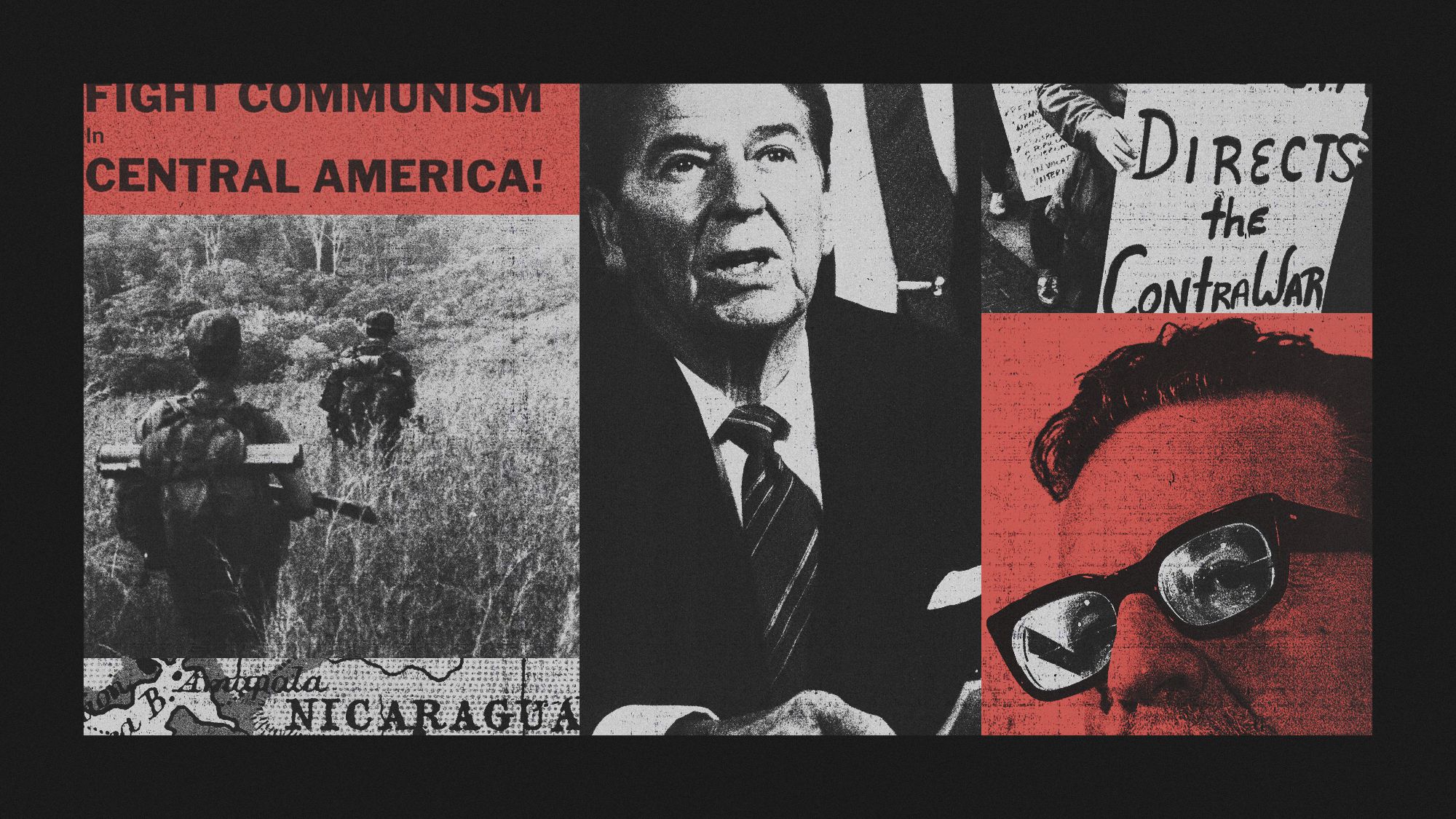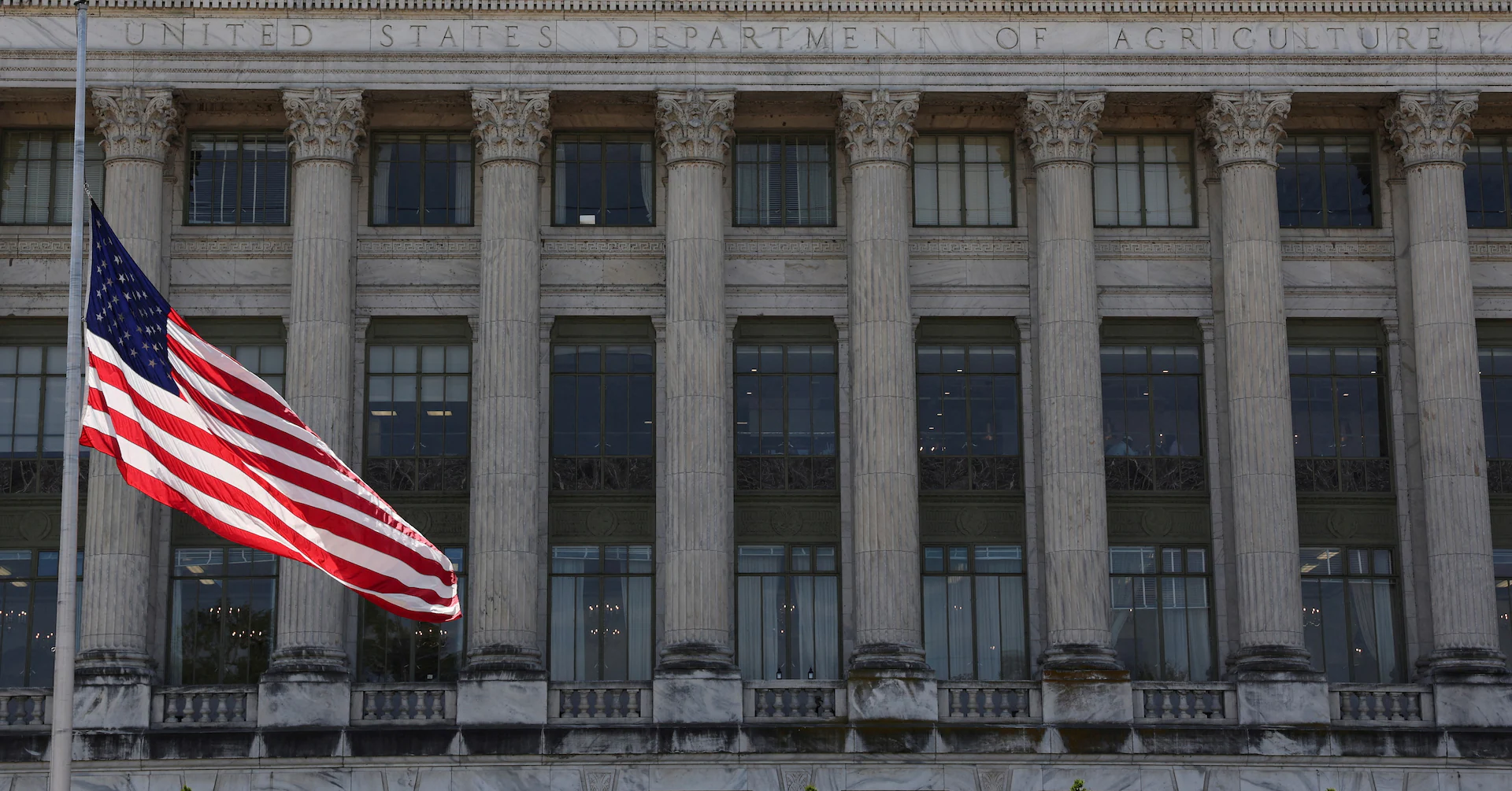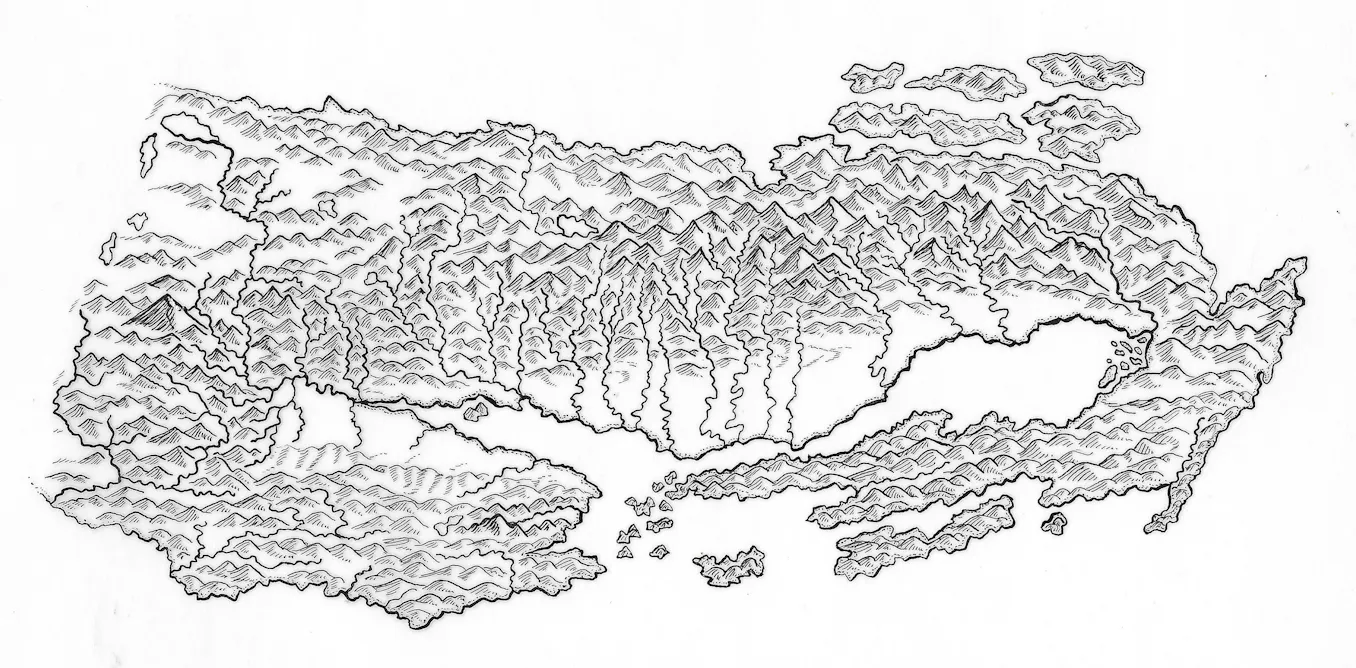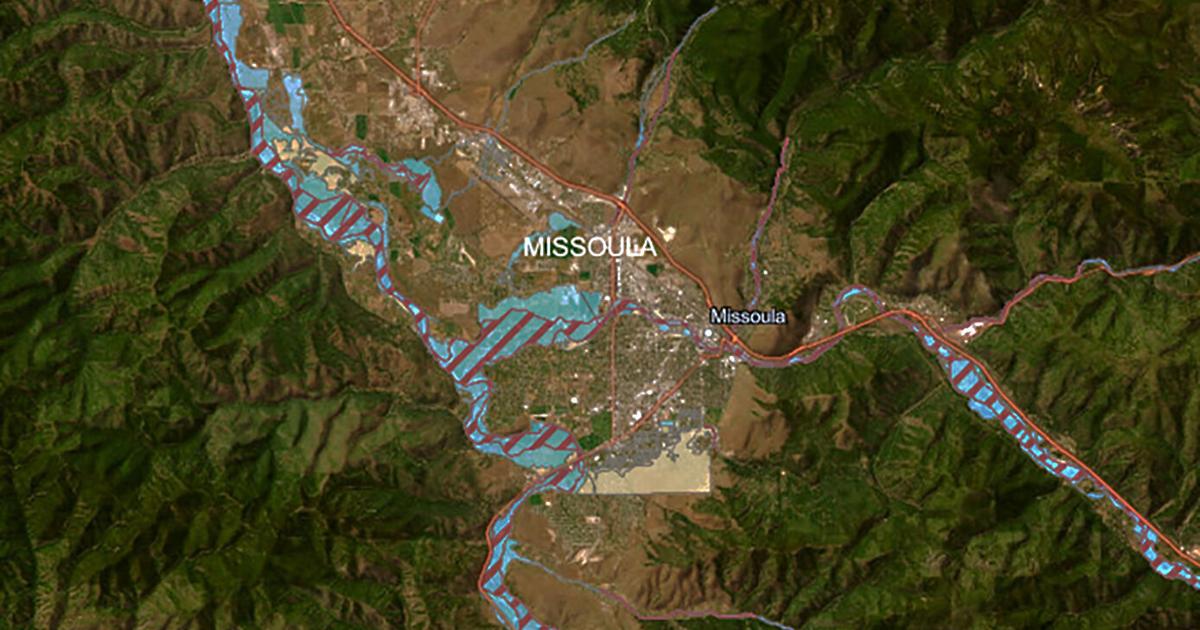Copyright theweek

The United States has a long history of meddling in Latin American politics: Teddy Roosevelt reshaped the region’s map to get the Panama Canal built, while Ronald Reagan’s presidency stumbled on his support for a Nicaraguan rebel group. President Donald Trump’s new military buildup targeting alleged drug traffickers and the Venezuelan regime is reviving unpleasant memories in the region. Some administration officials have dubbed the president’s aggressive policies the “Donroe Doctrine,” said The Wall Street Journal. Where President James Monroe conjured his original Monroe Doctrine to “keep European powers out of the region,” Trump instead has treated Latin America as an “extension of the U.S. homeland.” In addition to Venezuela, he has vowed to reclaim the Panama Canal and taken tougher stances against Colombia and Nicaragua. America is newly focused on “defeating threats in the Western Hemisphere,” Trump said to a gathering of American generals last month. What did the commentators say? Trump’s moves have dredged up “bitter memories” from the “long record of U.S. military interventions” in Latin America, said The New York Times. The American government supported coups that “ousted democratically elected leaders in Guatemala, Brazil and Chile” during the Cold War, while Cuba, Haiti and Honduras all saw “repeated U.S. military landings” during the early 20th century. A revival of American interventionism would touch a “historic and deeply felt popular nerve,” said Christopher Sabatini, a Latin America expert at Chatham House. America has a “long record of fomenting regime change” in Latin America, said Max Boot at The Washington Post. That approach has “seldom worked out well” and created “deep-rooted resentment” in the region, yet Trump wants to “reprise this ignominious history.” America did better with “fast, in-and-out operations” in Grenada in 1983 and Panama in 1989, but Venezuela has already “proved resistant” to U.S. efforts to drive out leader Nicolás Maduro. History suggests a new regime change push by Trump would “backfire and simply feed anti-Yanqui sentiment in Latin America.” The United States has “treated Latin America as its personal piñata” for more than two centuries, said Gustavo Arellano at the Los Angeles Times. America has “propped up puppets and despots” while deposing “democratically elected governments,” sparking mass migrations that “forever altered the demographics of the United States.” Americans should object every time a “suspected drug boat” in the region is destroyed by the U.S. military with “no questions asked and no proof offered.” But few may actually care. “It’s Latin America, after all.” Latin American leaders are pushing back against U.S. intervention, said Mother Jones. American actions could “inflame South America and lead to radicalization of politics on the whole continent,” said Brazilian presidential advisor Celso Amorim. “Gringos, go home,” said Armando Benedetti, Colombia’s interior minister. The crisis may be at a tipping point. America will soon have to decide “whether to escalate to military strikes inside Venezuela, or whether to declare victory and move on,” said The Atlantic Council’s Geoff Ramsey to The Hill.



